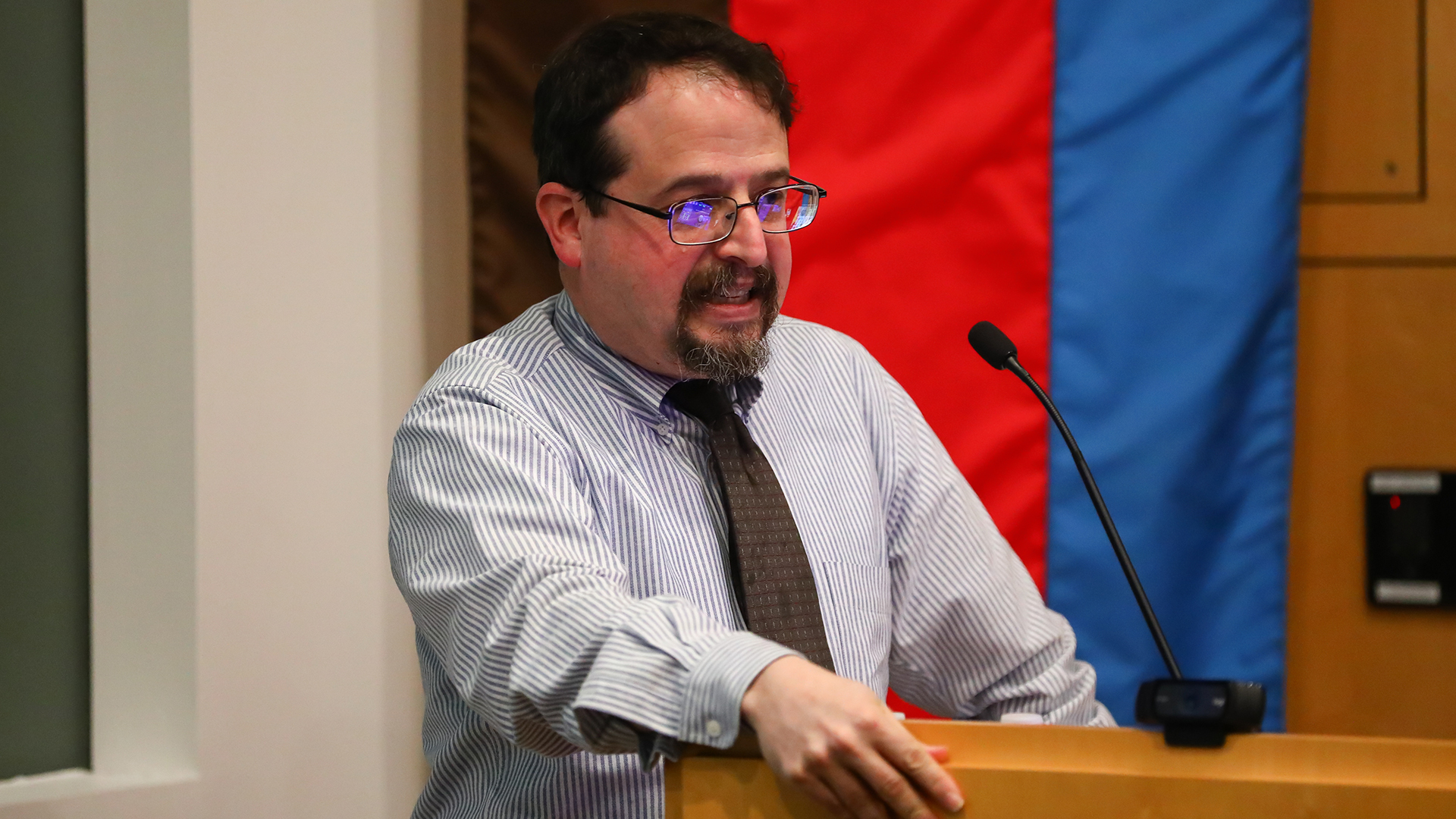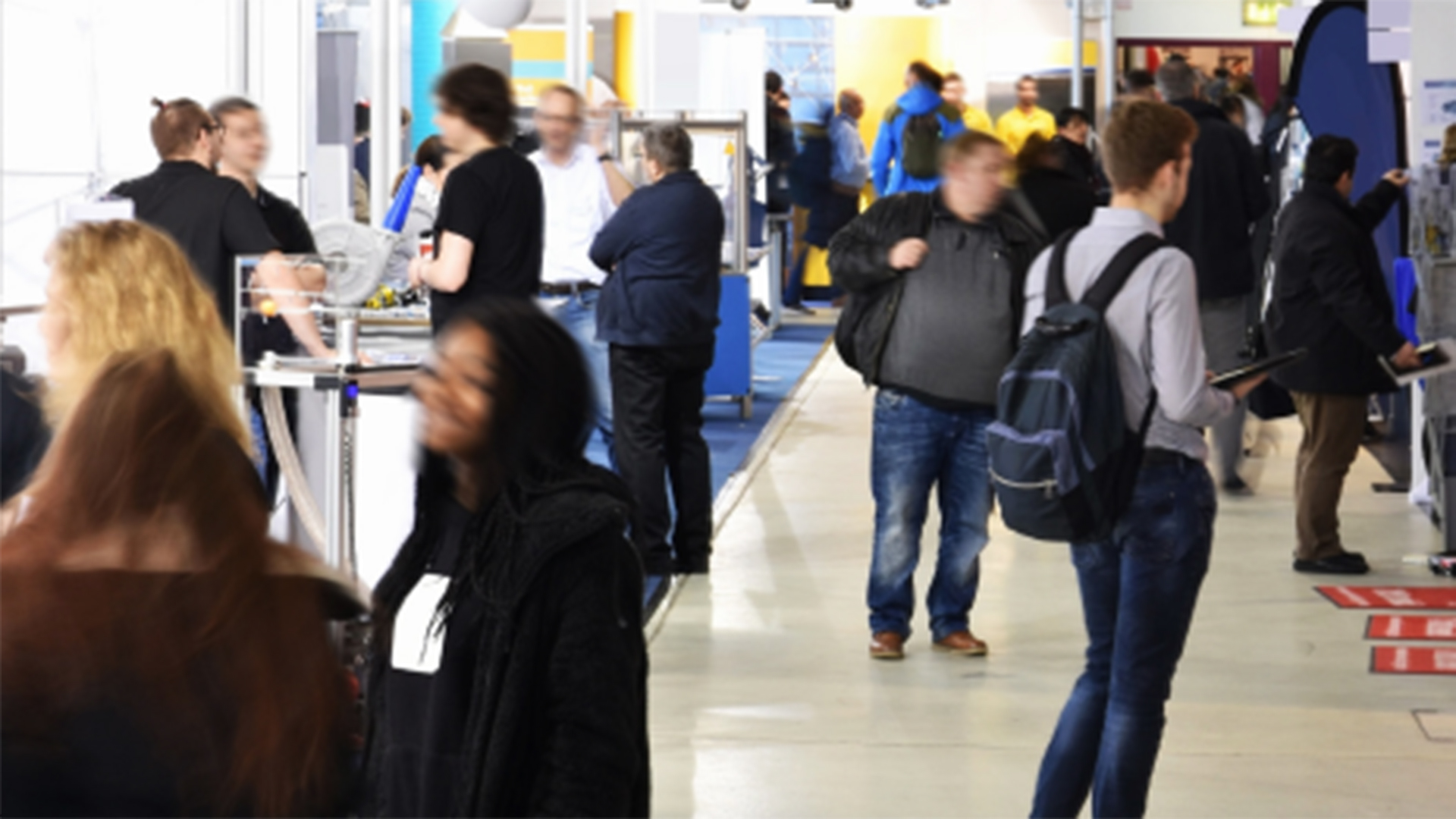Schools in NJ experienced a 2% decrease in enrollment from Fall 2010 to Fall 2021, and an additional 7% drop is projected to occur between Fall 2021 and Fall 2031. And yet in roughly the same amount of time, state’s population has increased overall by 5.5%. Understanding these trends will require further research to take into account a greater multitude of demographic variables.
Topic
Posts
NJSPL – Nearly Half of NJ Residents Struggled to Pay Household Expenses
According to a follow-up survey conducted by the Eagleton Center for Public Interest Polling, more New Jerseyans are finding it difficult to pay for typical household expenses. In July 2022, 42% of residents indicated they found it somewhat or very difficult to pay for household expenses such as food, mortgages, or medical expenses, and in the May 2023 poll, that number rose to 48%.
NJSPL – New Jersey’s Nursing Shortage: Burnout, Staffing, and More
About one-third of nurses have left clinical care at hospitals across NJ in the past three years. The registered nurse workforce will decrease by 5% from 2022 to 2025. That said, nursing schools are making efforts to increase their capacity—the Rutgers School of Nursing recently received a federal grant to expand its simulation program with the goal of providing more opportunities for hands-on clinical training for its students.
NJSPL – Telehealth May Worsen Physician Burnout: How to Avoid It
While there are many potential benefits to be found with telehealth, the burden placed on the clinical workforce must be considered carefully. A Mayo Clinic study found that approximately 62.8% of physicians showed signs of at least one manifestation of burnout in 2021 compared to 38.2% in 2020. Written by Aakanksha Deoli and Esther Martinez.
NJSPL – Roadside Tree Removal: The Need for Collaborative Decision-Making
Written by Ellen Oettinger White (PhD ’23) and Bob Noland, this blog post focuses on highway design guidelines for tree zoning. However, the guidelines that specify this clear zone are more than 50 years old, and written at a time when occupant protections such as airbags were almost nonexistent.
NJSPL – Telehealth for Cancer Care: Opportunities and Challenges
The use and reliance on telehealth as an alternative and/or supplement to traditional in-person health visits has increased significantly since the pandemic, with some patients indicating they benefited from the communication tool more than others.
NJSPL Report Release: Report Release: Youth Mental Health in New Jersey: Current Status and Opportunities for Improved Services
The report makes policy recommendations to inform NJ policymakers as the state continues to consider the redesign of school-based mental health services in the coming years.
NJSPL – Do New Jersey High Schools Have STEM Focus? Piloting New Measures
This study examines whether schools that offer greater proportions of advanced curricula in STEM and enroll greater proportions of students are more likely to hold STEM participation as a priority.
NJSPL Report Release: The Impact of Eliminating Adjustment Aid for School Districts in New Jersey
In 2018, New Jersey implemented the S-2 bill, which aimed to reduce adjustment aid to school districts in the state. This report investigates the types of school districts affected by the elimination of the adjustment aid, along with the short-term impacts of eliminating adjustment aid on local revenues, current expenditures, student to teacher ratios, and student performance in New Jersey school districts.
NJSPL – Energy Equity Evaluation Metrics
Energy efficiency programs that focus on equity can acknowledge and address past injustices by involving marginalized communities in the decision-making process and proactively ensuring that all residents have equal access to benefits. The Energy Equity Project with the University of Michigan set out to establish a comprehensive system for assessing and promoting fairness in clean energy initiatives and investments.
Upcoming Events
Dean’s Welcome for Graduate Students
Bloustein School, Civic Square Building 33 Livingston Avenue, New Brunswick, NJ, United StatesJoin Dean Shapiro as he welcomes all the new graduate students to the Bloustein School.
Bloustein Library Orientation Session Fall 2024
Bloustein School, Civic Square Building 33 Livingston Avenue, New Brunswick, NJ, United StatesJoin Rutgers Librarian Julia Maxwell as she walks our new students through the important University Library tools and resources.
Careers: Professional Branding
VirtualThis program is for all students (except MPP who will have this program in their AFE 1 class). It is also part of the JUMP START series for first-year students. […]
Bloustein School Student Clubs and Organizations Fair
Bloustein School, Civic Square Building 33 Livingston Avenue, New Brunswick, NJ, United StatesCome out and connect with the various and clubs and organizations that are part of the Bloustein School. Participating clubs and organizations include: Bloustein Graduate Student Association (BGSA) Bloustein Social […]
Bloustein School Centers and Institutes Fair
Bloustein School, Civic Square Building 33 Livingston Avenue, New Brunswick, NJ, United StatesAn opportunity for students to meet and network with faculty and staff from the various Bloustein School Centers and Institutes, who will be showcasing their projects, work, and potential job […]





